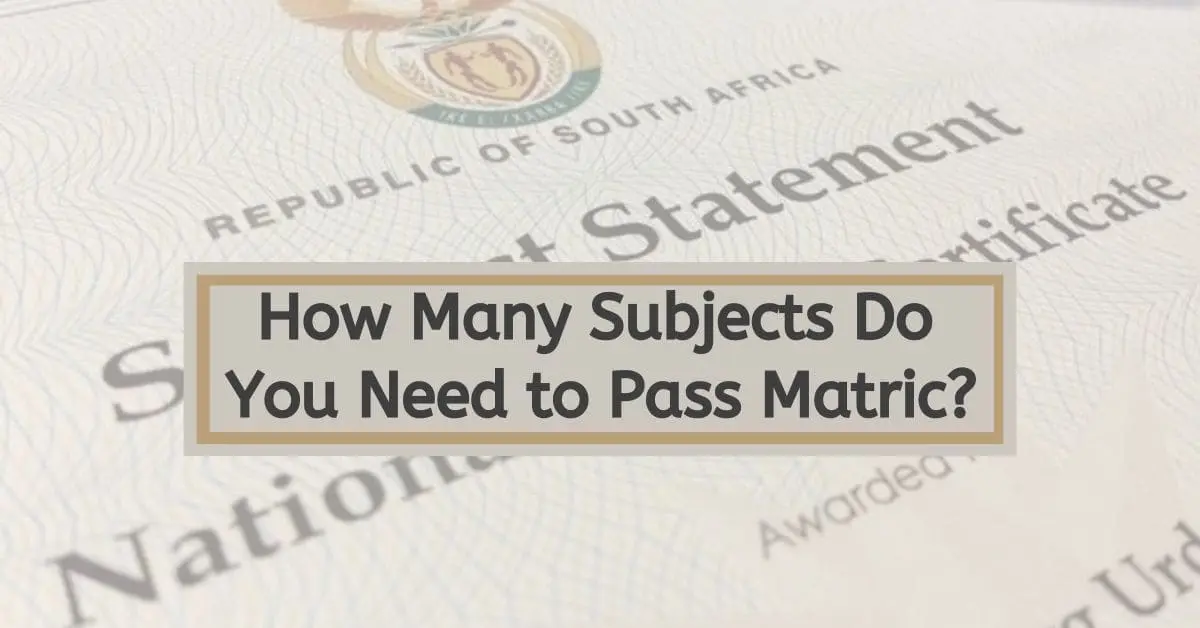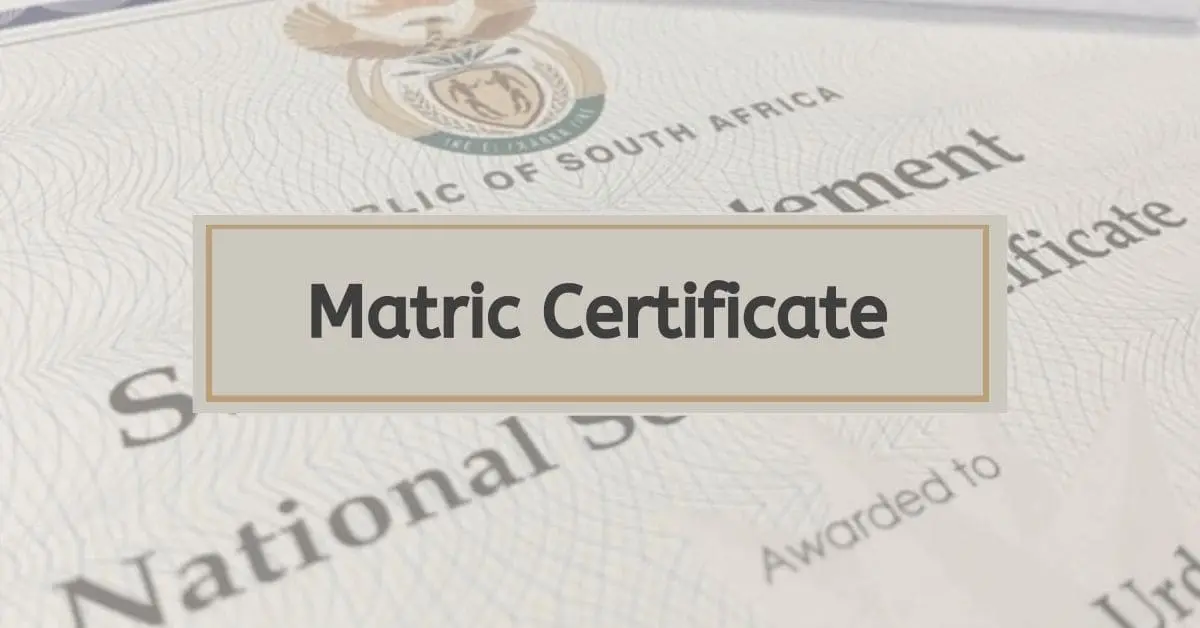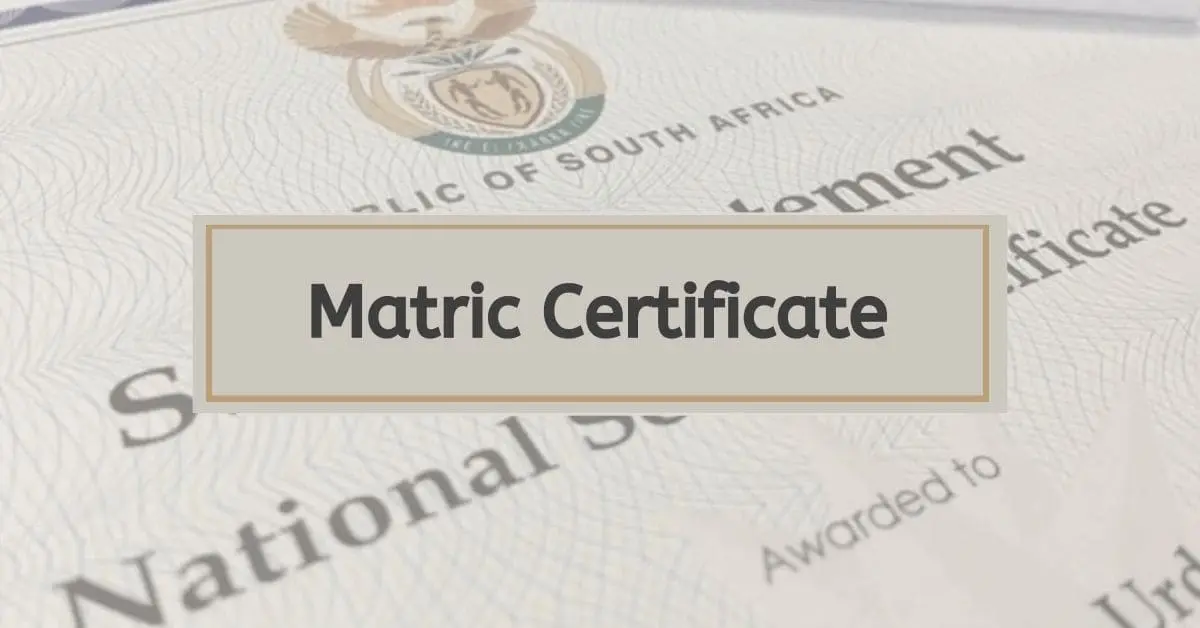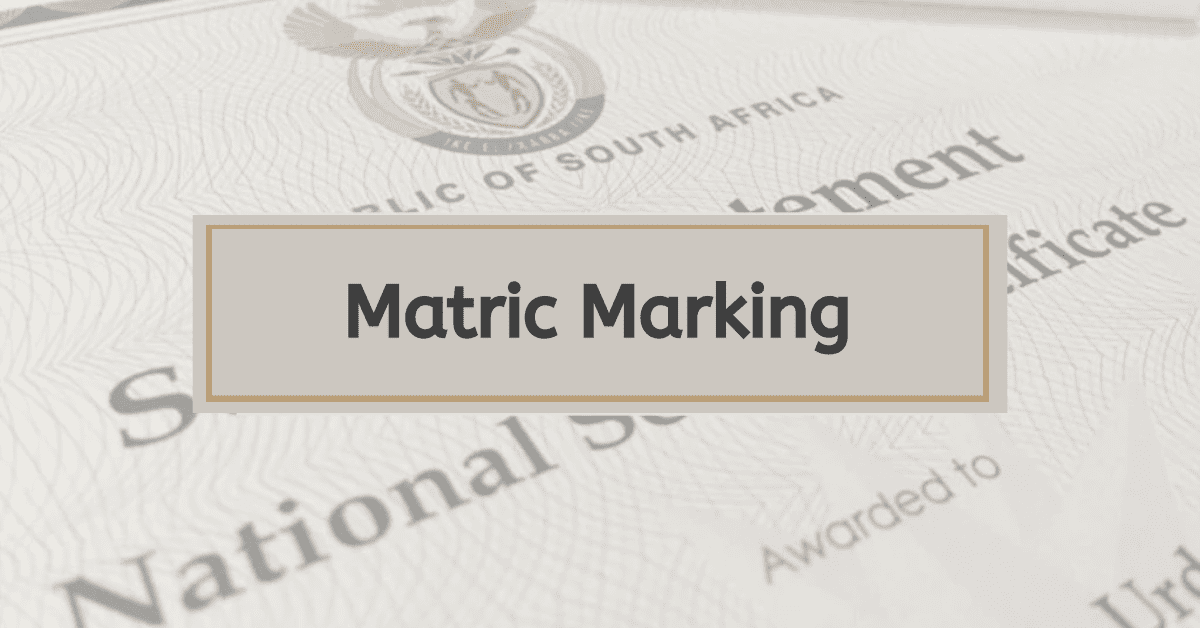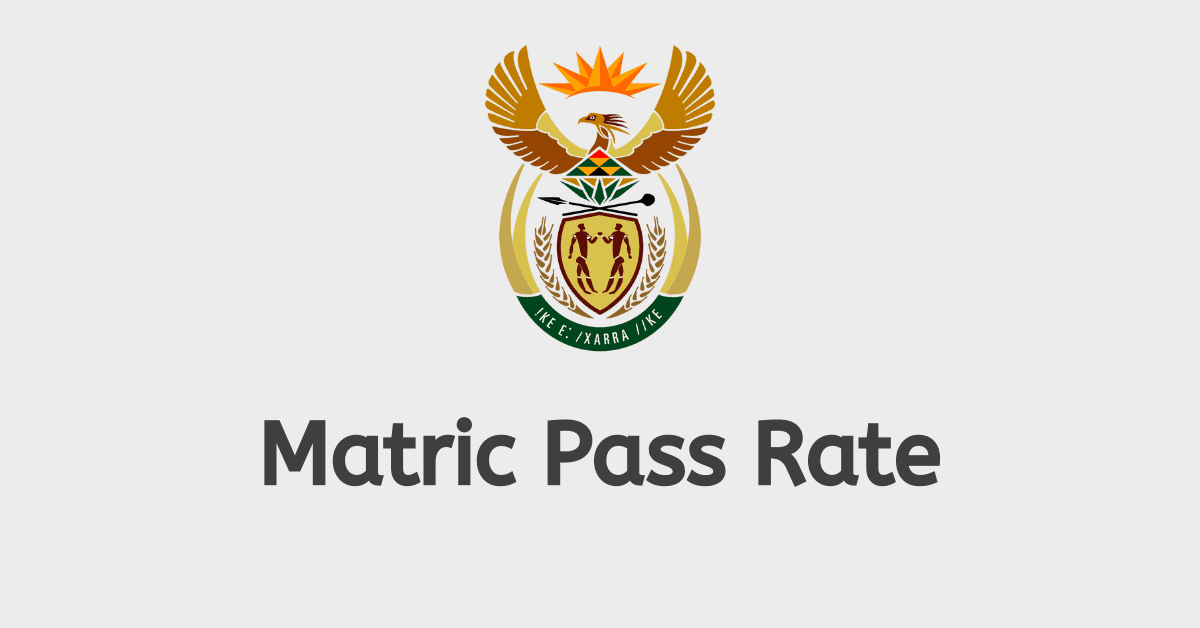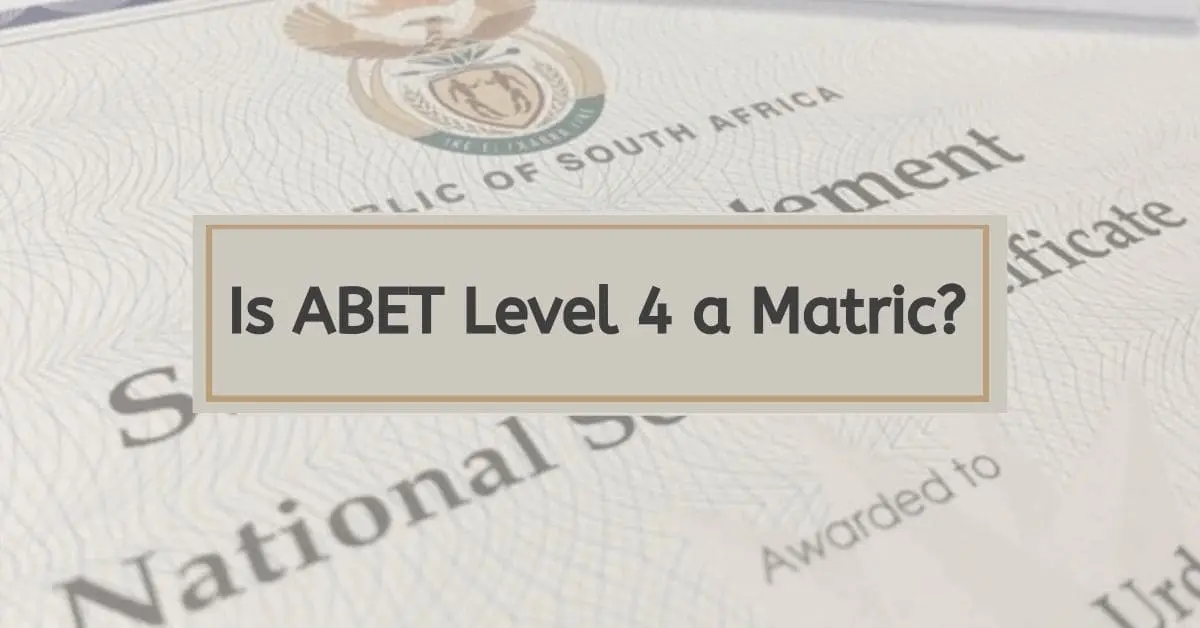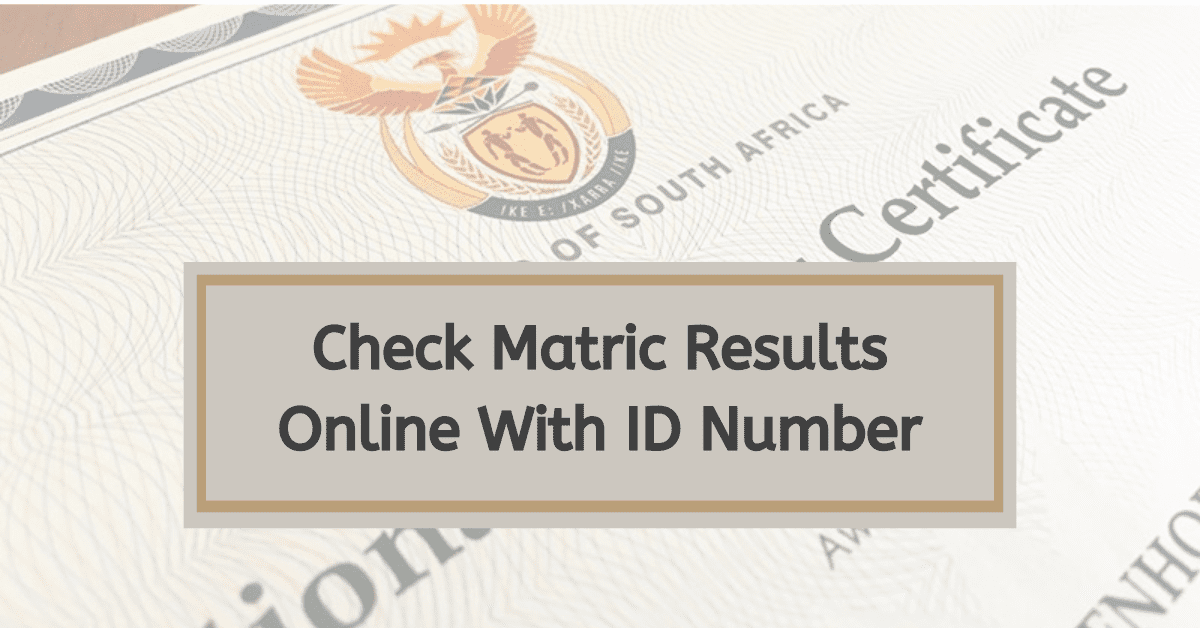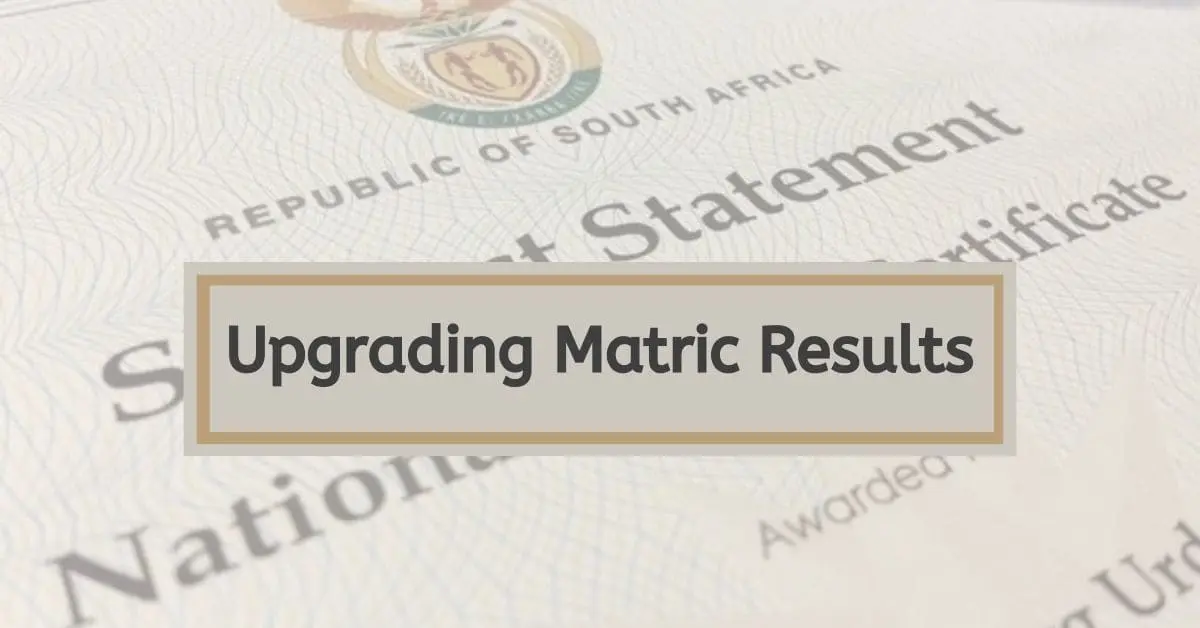If you have finished writing your final matric examinations, we know that the wait to find out how you did can be a difficult one, if also exciting. While you can’t know exactly how you did until you receive your formal examination results, your past academic progress is a great indicator of the progress you’ve made through your school career. Understanding how your final marks will be calculated can also take some of the stress out of the wait, so here’s some more information to help.
How to Calculate the Average Percentage of Matric Results
You can calculate the average percentage of your matric marks by adding together the percentage you receive for each subject and dividing by the number of subjects. If you passed 4 subjects with 70%, for example, and 2 more at 80%, your average matric result would be 73.34%.
This gives you a very good indicator of your overall performance, but remember that admission to tertiary education facilities is not this simple- you have to achieve certain minimum percentages in specific subjects to qualify for a pass level that allows admittance to university, TVET colleges, and so on.
Additionally, the institution may need to see passes at certain percentages on specific subjects to consider you for admittance to particular courses. You cannot, for example, fail biology, achieve a Bachelor’s Degree Pass with your performance in other subjects, and expect to be accepted to a biology-based Bachelor’s course. Although you would be able to enroll in other Bachelor’s degrees that use the subjects you did well in.
How Are Matric Results Calculated?
Matric results are calculated based on two factors- your performance in the final examination and your performance in school through the final three years of your schooling. However, they are not weighted evenly. The final examination will account for 75% of your matric results, so it is critical you perform your very best on it.
The other 25% is called your SBA, or School Based Assessment. While they only account for a quarter of your final mark, it is still worth doing your best through the year in order to bolster your final mark as much as possible. Your school will take into account all marked work you turn in through the year- things like your June examination, presentations, portfolios, and so on.
What Is My APS, And How Do I Calculate It?
Your APS means your Admission Point Score. Think of it as a refinement on just pass or fail- it indicates how well you actually did in each subject. Together, your APS score will be used by any tertiary education institution you want to apply to, so it is a very important number to understand. It could not only affect where you want to study but also which programs you can be accepted into.
Here’s the basics. For every subject you write, you receive a mark as a percentage, so between 0% and 100%. Each of these subject marks will be given a point score between 1 to 7, where 7 is the best option. To calculate your total APS, use your 6 best subjects and add these individual APS scores together. The highest APS you can receive is 42- 7 points each for 6 subjects. Here’s the points per subject correlated with your percentage:
- 80%-100%, 7 points
- 70%-79%, 6 points
- 60%-69%, 5 points
- 50%-59%, 4 points
- 40-49%, 3 points
- 30-39%, 2 points
- 0-29%, 1 point
What is the Formula for Overall Percentage?
The overall percentage is calculated as follows: Divide the total you receive by the number of marks you could have got, and multiply it by 100. For example, if you receive 60 out of 80 total marks, you passed with 75%.
What is the Average Mark for Matric?
The average mark achieved for your matric year will vary depending on the performance of the students who take it in your session and how well they achieve. Your own average mark will be totalled from your individual subject marks. In order to pass your matric, you must meet certain minimum pass rates.
To simply pass, you must get 40% (or more) on three subjects, one of which has to be the first language/home language you took. You must then receive at least 30% on two other subjects. You can fail one subject but must receive at least 30% for the six other subjects. However, this is only the bare minimum pass rate.
To qualify for university/Bachelor’s degree programs, you need 40% or more for your home language, 50% or more for four of the so-called ‘high credit’ subjects, and 30% or more in two other subjects. For diploma programs, this is 40% or higher for home language and 3 high-credit subjects and 30% for two more. Higher Certificate passes allow you to attend TVET colleges and are acceptable by some private colleges. Again, you need 40% in your home language and two other subjects, with 30% for four others. They do not have to be high-credit subjects.
Do remember that your overall APS score is used to determine your eligibility for tertiary education based on these benchmarks- they come down to the same thing expressed in different ways.



